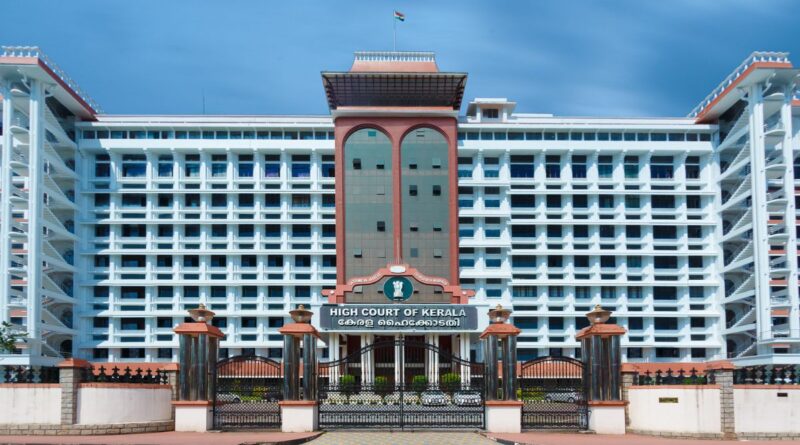Kerala High Court Upholds Safety Rules for Private Buses
The Kerala High Court has upheld the State Transport Authority’s (STA) decision making it mandatory for private buses to install fatigue detection cameras, geo-fencing facilities, and ensure that their staff obtain police clearance certificates (PCCs).
Justice Mohammed Nias CP dismissed several petitions filed by bus operators, tourist taxi associations, and educational institutions who had challenged the new rules. The Court held that these measures were essential for improving passenger safety and preventing accidents, and therefore fully valid under the Motor Vehicles Act, 1988 (MV Act).
The Court noted that between 2023 and 2025 alone, more than 1,000 accidents involving private stage carriages had been reported in the State. It observed that when public safety is at stake, regulatory steps cannot be struck down on “hyper-technical” grounds.
The petitioners had argued that:
- The STA had no authority to impose such conditions since only the State or Central government could frame rules under the MV Act.
- They were not given advance notice before the rules were introduced, as required under Section 72(2) of the MV Act.
- The PCC requirement placed an extra financial and administrative burden since certificates are valid only for six months.
- It infringed on their right to carry on business under Article 19(1)(g) of the Constitution.
The government defended the decision by pointing to rising road accidents linked to rash driving, driver fatigue, and instances of student harassment in private buses. It argued that stricter measures were needed to protect the public, especially students who frequently commute by such buses.
Agreeing with the State, the Court held that the STA has powers to introduce safety requirements even without specific rules from the government. It further clarified that in matters of regulation, the real stakeholders are the travelling public and not the permit holders. Hence, prior consultation with operators was not required.
The Court also ruled that PCCs for drivers were not arbitrary, as verifying criminal backgrounds directly related to public safety. It emphasised that both the Transport Commissioner and the Regional Transport Authorities were competent to issue circulars and notices to enforce the STA’s decisions.
In conclusion, the Court dismissed the petitions and upheld the validity of the STA’s safety directives.





